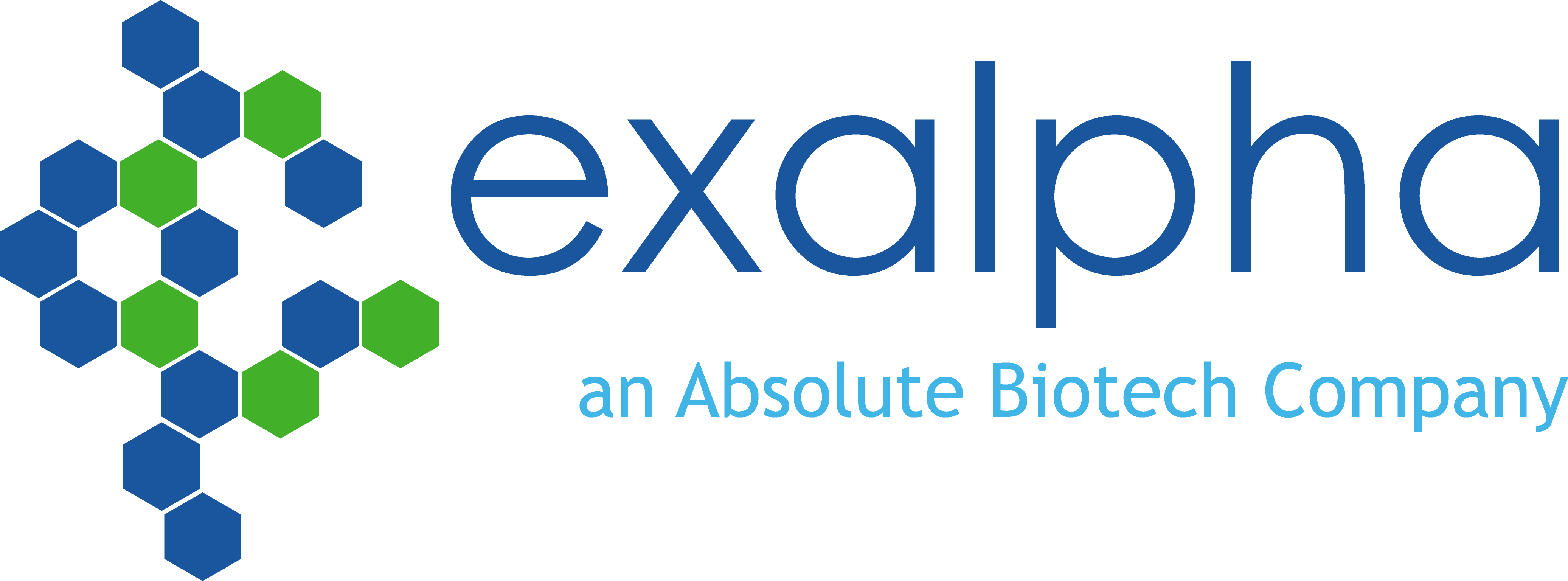Catalogue

Mouse anti Human MyoD1
Catalog number: X2396M$335.00
Add To Cart| Clone | 5.8A |
| Isotype | IgG1 |
| Product Type |
Monoclonal Antibody |
| Units | 100 µg |
| Host | Mouse |
| Species Reactivity |
Chicken Human Mouse Rat |
| Application |
ELISA Immunofluorescense Immunohistochemistry (frozen & paraffin) Immunoprecipitation |
Background
Recognizes a protein of 45kDa, identified as MyoD1. The epitope of this antibody maps in between amino acid 3-56 in the N-terminus of mouse MyoD1 protein. It does not cross react with myogenin, Myf5, or Myf6. Occassionally nuclear expression/staining of MyoD1 is seen in ectomesenchymoma and a subset of WilmÕs tumors. Weak cytoplasmic staining/presence is observed in several non-muscle tissues, including glandular epithelium and also in rhabdomyosarcomas, neuroblastomas, EwingÕs sarcomas and alveolar soft part sarcomas. The 5.2F antibody to MyoD1 labels the nuclei of myoblasts in developing muscle tissues. MyoD1 is not detected in normal adult tissue. Occassionally nuclear expression of MyoD1 is seen in ectomesenchymoma and a subset of WilmÕs tumors.
Synonyms: Myoblast determination protein 1, Myogenic factor 3, MyoD1, Myf-3
Source
Immunogen: Hybridoma produced by the fusion of splenocytes from BALB/c mice immunized with recombinant mouse MyoD1 protein and mouse myeloma Sp2/0-Ag14 cells.
Product
Product Form: Unconjugated
Formulation: Provided as solution in phosphate buffered saline with 0.08% sodium azide
Purification Method: Protein A/G Chromatography
Concentration: See vial for concentration
Applications
This antibody can be used for electron microscopy, ELISA, immunofluorescence, immunoprecipitation (2 µg/mg of protein lysate),and immunohistochemistry on frozen and formalin/paraffin fixed tissues (2-4 µg/ml). Optimal concentration should be evaluated by serial dilutions.
Functional Analysis: Western Blotting
Positive Control: Rhabdomyosarcoma, SW80 cells
Storage
Product should be stored at -20°C. Aliquot to avoid freeze/thaw cycles
Product Stability: See expiration date on vial
Shipping Conditions: Ship at ambient temperature, freeze upon arrival
Caution
This product is intended FOR RESEARCH USE ONLY, and FOR TESTS IN VITRO, not for use in diagnostic or therapeutic procedures involving humans or animals. It may contain hazardous ingredients. Please refer to the Safety Data Sheets (SDS) for additional information and proper handling procedures. Dispose product remainders according to local regulations.This datasheet is as accurate as reasonably achievable, but our company accepts no liability for any inaccuracies or omissions in this information.
References
1. Thulasi R; et al. Alpha 2a-interferon-induced differentiation of human alveolar rhabdomyosarcoma cells: correlation with down-regulation of the insulin-like growth factor type I receptor. Cell Growth and Differentiation, 1996 Apr, 7(4):531-41.
2. Wesche WA; et al. Immunohistochemistry of MyoD1 in adult pleomorphic soft tissue sarcomas. American Journal of Surgical Pathology, 1995, 19(3):261-9.
3. Parham DM; et al. Immunohistochemical analysis of the distribution of MyoD1 in muscle biopsies of primary myopathies and neurogenic atrophy. Acta Neuropathologica, 1994, 87:605-11.
4. Tallini G; et al. Myogenic regulatory protein expression in adult soft tissue sarcomas. A sensitive and specific marker of skeletal muscle differentiation. American Journal of Pathology, 1994 Apr, 144(4):693-701.
5. Dias P; et al. Monoclonal antibodies to the myogenic regulatory protein MyoD1: epitope mapping and diagnostic utility. Cancer Research, 1992 Dec 1, 52(23):6431-9.
6. Rosai J; et al. MyoD1 protein expression in alveolar soft part sarcoma as confirmatory evidence of its skeletal muscle nature. American Journal of Surgical Pathology, 1991 Oct, 15(10):974-81.
Protein Reference(s)
Database Name: UniProt
Accession Number: P15172 (Human) P10085 (Mouse) Q02346 (Rat) P16075
Species Accession: Human, Rat, Mouse, Chicken
Safety Datasheet(s) for this product:
| EA_Sodium Azide |
